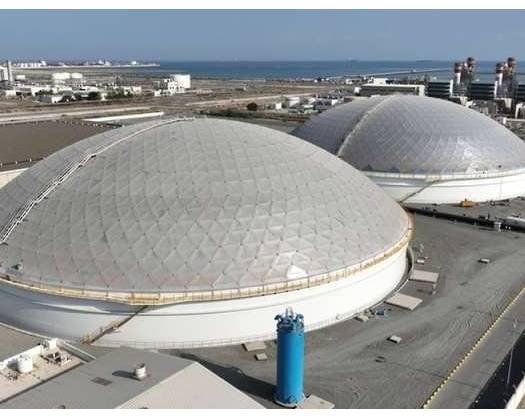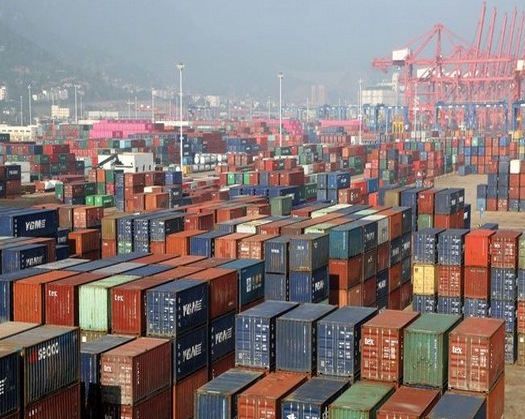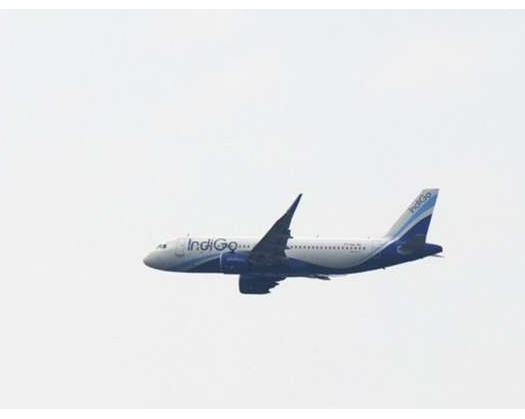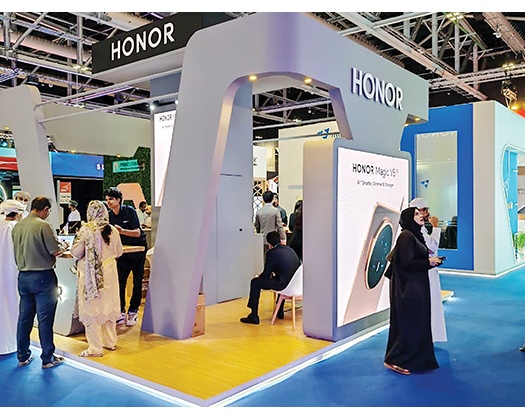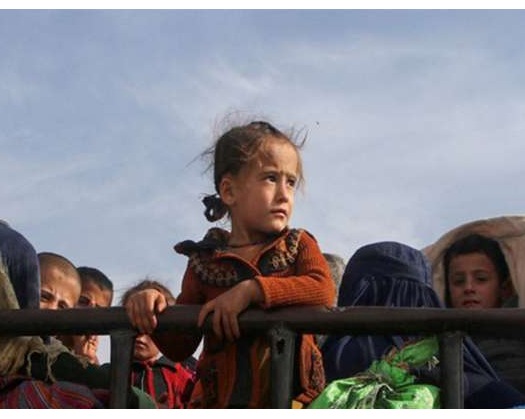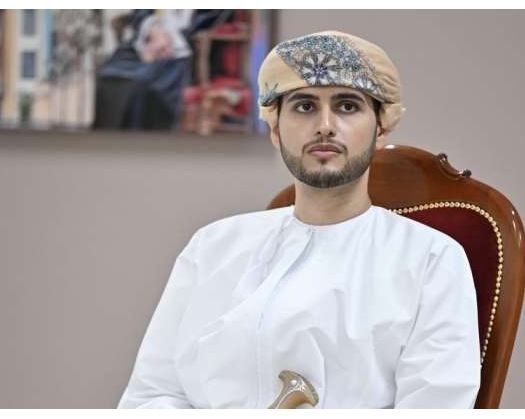Muscat: Nama Water Services is diligently working towards achieving sustainability within the water sector and ensuring water security across the Sultanate of Oman through the execution of a comprehensive package of strategic projects. These projects encompass the establishment of transmission lines, tanks, and water networks across various governorates and wilayat regions served by the Company.
General Manager of Projects for the Central and Western Sectors, Eng. Ahmed Nasser Al Abri, stated, "The Company is executing strategic projects within the water sector with the vision to emerge as a leading entity in water services, all the while contributing significantly to the sustainability of Oman. In line with this vision, the Company has undertaken several initiatives aimed at fortifying the water transmission system and fostering interconnections to ensure a reliable water supply service and operational flexibility."
Al Abri further elaborated, "Among the notable projects that have been officially inaugurated and operational is the water transmission project from the Sohar desalination plant to Al Dhahirah Governorate. This project, inaugurated in 2023, boasts a total cost exceeding RO 150 million. It includes a pipeline spanning 230 kilometers from the Sohar Wilayat's desalination plant to Al Dhahirah Governorate, in addition to the construction of 15 storage tanks, each with a capacity of up to 451,000 cubic meters."
He also highlighted, "The project to improve the water system between the Barka and Sohar desalination plants has been successfully completed, with a total cost of RO 86 million. This project involved the laying of pipelines covering approximately 140 kilometers and the establishment of three pumping stations. These stations, with a pumping capacity of up to 238,000 cubic meters per day, facilitate the transfer of water from the Barka desalination plant to the main reservoirs in the Oman Logistics Zone and the reservoirs of the Wilayats of Barka, Suwaiq, Musannah, Rustaq, and Saham, including the potential for water transfer from the Wilayat of Sohar to Muscat Governorate."
"The objective of this project is to secure water supply for all the governorates of South Al Batinah and North Al Batinah. Furthermore, this initiative lays the foundation for the implementation of new water network projects across the governorates and enhances the interconnection among desalination plants in Qurayyat, Al Ghubrah, Barka, and Sohar," Al Abri concluded.
The project aimed at enhancing the water transmission system within Al Dakhiliyah Governorate has been successfully completed, albeit at a cost that surpassed RO 128 million. This initiative encompasses the construction of a new water transmission pipeline, spanning a total length of 173 kilometers, commencing from the principal pumping station in Al Khoudh, located within the Wilayat of Al Seeb, and extending through the various governorates of Al Dakhiliyah. Furthermore, the project involved the design and execution of a strategic reservoir, boasting a capacity of 350,000 cubic meters, situated between the Wilayats of Samail and Izki. This reservoir plays a pivotal role in augmenting the reliability of water supply operations and fortifying the interconnectivity among the governorates by facilitating water flow in both directions between the Governorates of Muscat and Al Dakhiliyah. Additionally, the project saw the construction of five balancing tanks at the pumping stations, each with storage capacities ranging from 12,500 to 2,000 cubic meters, and a total capacity of up to 90,000 cubic meters.
The project also included the development and implementation of five new pumping stations, each with varying capacities. The overarching objective of this project is to improve the existing water transport system to accommodate the growing demand for water within Al Dakhiliyah Governorate.
Al Abri further elaborated on the strategic nature of these projects, highlighting ongoing efforts to finalize the project aimed at enhancing the water transmission system connecting the South and North Al Sharqiyah Governorates. The project has advanced to a significant stage, with a total cost of RO 125 million. It commences from the newly established water desalination plant in Asilah, located within the Wilayat of Jalan Bani Bu Ali in South Al Sharqiyah Governorate, and concludes at the Wilayat of Al Mudhaibi in North Al Sharqiyah Governorate. This initiative will supply the respective wilayats of the two governorates by extending pipelines of a total length of 312 kilometers and constructing four new pumping stations. Additionally, the project involves the reinforcement of three existing pumping stations and the construction of seventeen water tanks along the transmission line, each with a storage capacity of up to 265,000 cubic meters. The project encompasses all necessary civil, mechanical, and electrical works, along with the systems required for the monitoring and control of the project facilities.
Among the strategic projects currently in progress by Nama Water Services is the long-term water solutions project for the Wilayat of Al Seeb, with a budget of RO 45 million and an expected completion rate of 46%. This project is projected to be concluded in the fourth quarter of 2025.
The General Manager of Projects for the Central and Western Sectors elucidated that the project encompasses the construction of water tanks in Al Khoudh 6, Al Rusayl, and Al Khoudh Village. He highlighted that the project also involves the development of transmission and distribution lines, featuring a variety of diameters, ranging from 1600 mm to 1000 mm, with a cumulative length of approximately 34.5 kilometers. Additionally, the project includes the construction of thirteen strategic tanks, each with a storage capacity surpassing 110,000 cubic meters. Specifically, seven tanks are located in Al Khoudh 6, boasting a capacity of 50,000 cubic meters each, three tanks are situated in the Rusayl area, each with a capacity of 35,000 cubic meters, and the remaining three tanks are located in New Al Khoudh, each with a capacity of 33,500 cubic meters. Furthermore, the project encompasses the construction of a main pumping station and the development of sterilization, control, and monitoring systems.
Al Abri emphasized the strategic significance of the project, which is aimed at augmenting the storage capacity, improving the transportation system, and enhancing the distribution of water across the entire Wilayat of Al Seeb. This initiative is designed to ensure the sustainability of potable water supplies until the year 2050, while also considering the water needs of Sultan Haitham City and the expansion of the Wilayat. Moreover, the project contributes to local economic value, with an estimated RO 10 million generated through the utilization of local materials, the employment of national labor, and the support of small and medium enterprises (SMEs), whose total business activities within the project have reached RO 3 million.

